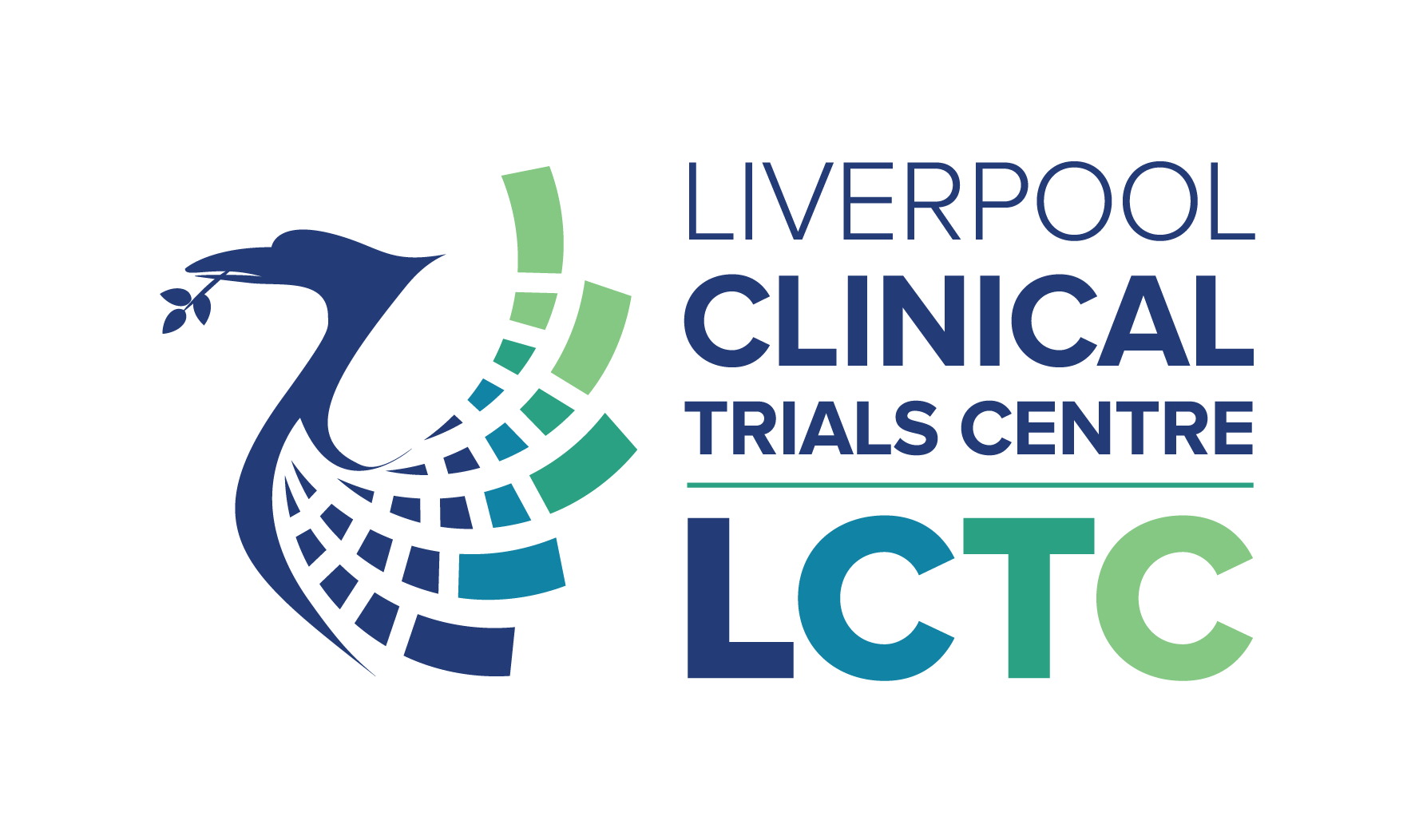
Juvenile idiopathic arthritis (JIA) stands as the most prevalent rheumatic ailment afflicting children. In the United Kingdom, it manifests in approximately 1 in every 1,000 children annually. Notably, within this JIA population, an alarming 15-25% face the looming threat of uveitis, an inflammatory condition impacting the uvea of the eye. Uveitis in children with JIA is a pressing concern due to its potential to lead to severe ocular complications, ultimately resulting in vision impairment or loss.
Presently, the standard treatment protocol for children with active uveitis associated with JIA involves systemic methotrexate (MTX), often supplemented with steroid eye drops. Nevertheless, a substantial portion—more than 40%—of these children find these treatments insufficient in controlling their uveitis. Consequently, there's a compelling need to explore alternative therapeutic options, such as biologic agents, to address this unmet medical challenge.
The principal objective of the TURTLE trial is to assess the response rate of secukinumab when administered in combination with either methotrexate or mycophenolate, over a 12-week period. The primary focus is to ascertain the effectiveness of this combination therapy in controlling disease activity among participants who have displayed resistance to adalimumab treatment.
Patients with the following characteristics will be excluded from the trial:
Professor Athimalaipet Ramanan: avramanan@hotmail.com
Professor Michael Beresford: m.w.beresford@liverpool.ac.uk
Liverpool Clinical Trial Centre: turtle.trial@liverpool.ac.uk
University Hospitals Bristol and Weston NHS Foundation Trust: R&DSponsorship@uhbw.nhs.uk
LCTC: LCTC - Home
Registration and database: REDCap (lctc.org.uk)